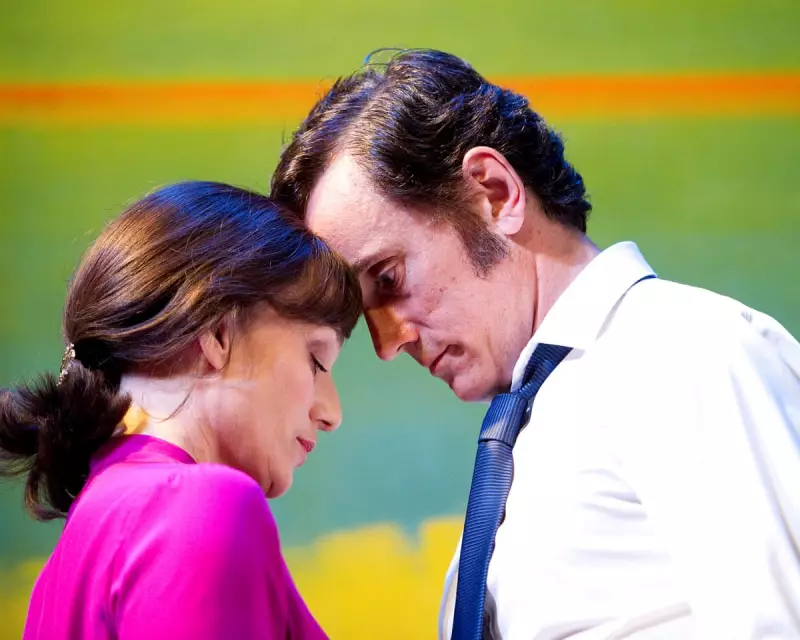
When Harold Pinter's groundbreaking play 'Betrayal' premiered in 1978, it didn't just entertain audiences—it revolutionised modern theatre. Now, nearly five decades later, its influence continues to shape careers and transform perspectives in the theatrical world.
The Architecture of Deception
Pinter's masterwork dismantled conventional storytelling by unfolding in reverse chronology, tracing a seven-year affair backwards from its painful conclusion to its passionate beginning. This structural genius forced audiences to re-examine everything they thought they knew about relationships, memory, and truth.
The play's innovative narrative structure wasn't merely a theatrical gimmick—it became a psychological exploration device that revealed how we reconstruct our own histories to justify our present circumstances.
A Transformative Experience for Performers
For actors, encountering 'Betrayal' often represents a career-defining moment. The play demands extraordinary technical precision while allowing for profound emotional depth. Performing Pinter's famously pregnant pauses and subtext-rich dialogue requires mastering what many call "the Pinter rhythm"—a distinctive cadence that separates novice actors from true artists.
Many performers describe the experience as akin to musical training, where every silence carries weight and every glance communicates volumes beyond the written text.
Enduring Legacy in Modern Theatre
Beyond its immediate impact, 'Betrayal' established what critics now call "the Pinteresque"—a style characterised by:
- Economy of dialogue with profound subtext
- Menace lurking beneath everyday conversations
- The manipulation of time and memory
- Psychological complexity masked by surface simplicity
This approach has influenced generations of playwrights from David Mamet to Jez Butterworth, creating a lasting legacy that continues to shape contemporary drama.
Why 'Betrayal' Still Resonates
What makes Pinter's exploration of infidelity and deception so enduring? The play transcends its specific context to speak universal truths about human nature. Its examination of how we betray not only others but ourselves—our ideals, our memories, our best intentions—remains painfully relevant.
In an age of curated social media personas and selective authenticity, 'Betrayal's' interrogation of truth and self-deception feels more timely than ever. The play continues to challenge audiences to question not just what they're seeing, but how they're seeing it.
As new generations discover this theatrical masterpiece, Harold Pinter's 'Betrayal' maintains its power to change lives—both on stage and in the audience—proving that great art doesn't just reflect life, but transforms how we understand it.





